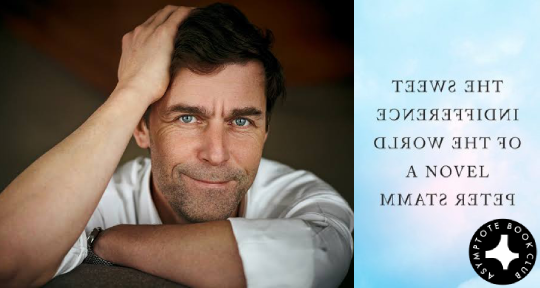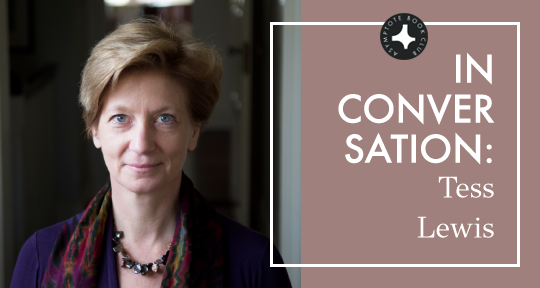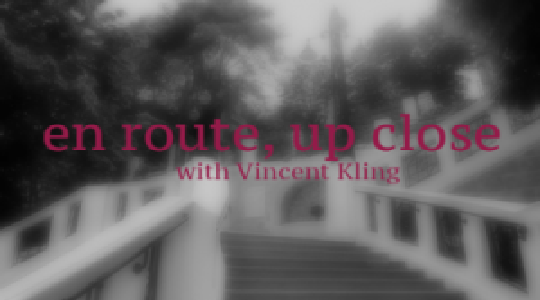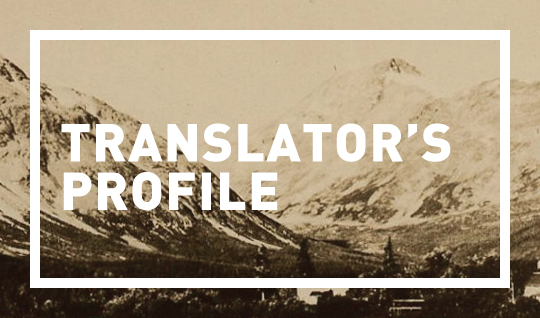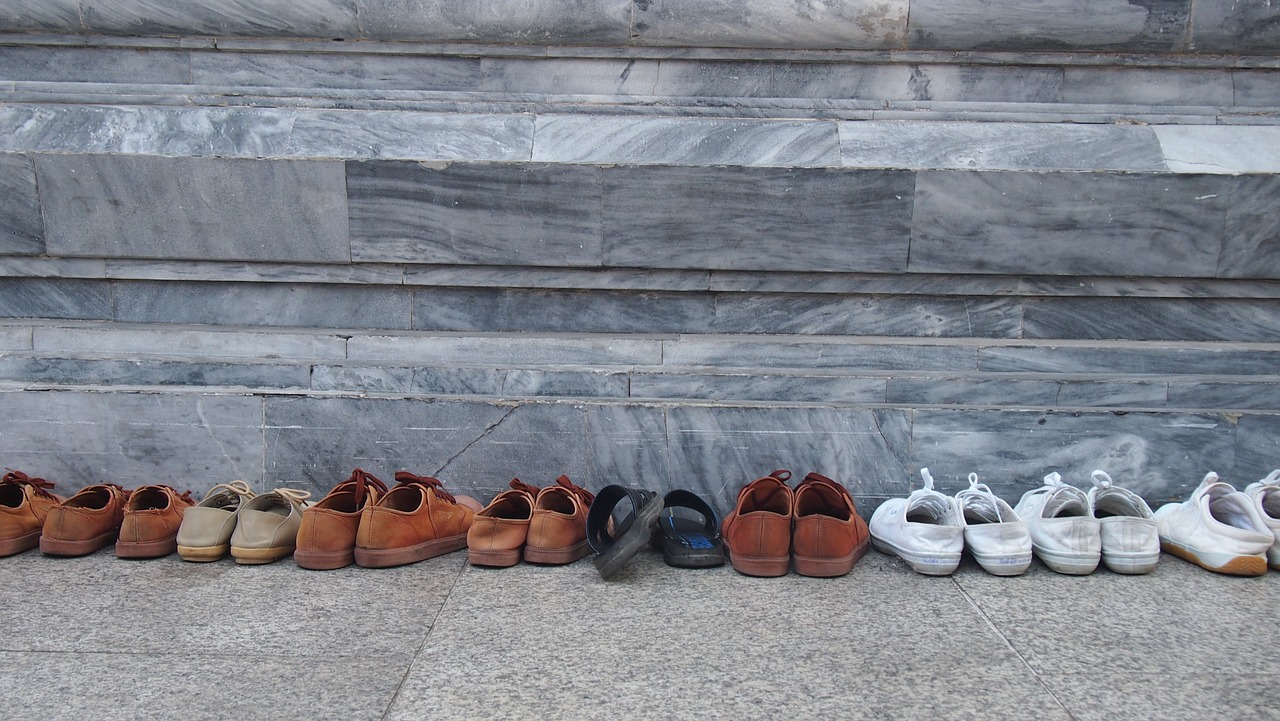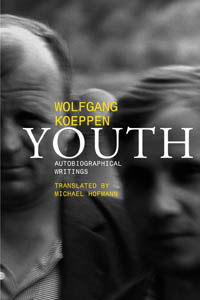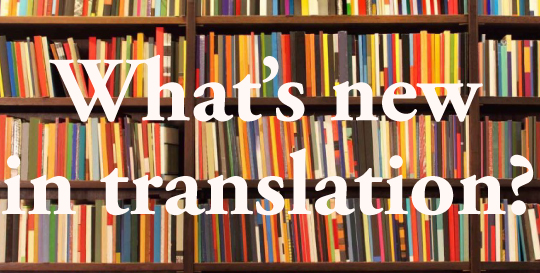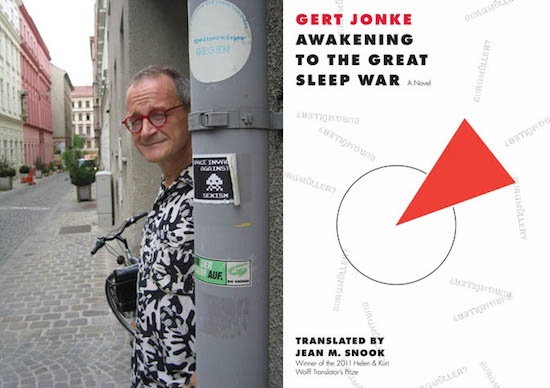Do writers aspire to live forever? Is literature a cultivated method of extending our capacities, prolonging the temporary, and rectifying our past mistakes? In this month’s Book Club selection, Asymptote has selected lauded German author Peter Stamm’s latest novel, The Sweet Indifference of the World, which probes such questions with a graceful awareness of how human relationships materialize and dissipate. Cohered by a love story told and retold, Stamm deftly enwraps complex psychological themes of identity and memory in his polished prose, translated into English skillfully by poet Michael Hofmann.
The Asymptote Book Club aspires to bring the best in translated fiction every month to readers in the US, the UK, and the EU. You can sign up to receive next month’s selection on our website for as little as USD15 per book; once you’re a member, you can join the online discussion on our Facebook page!
The Sweet Indifference of the World by Peter Stamm, translated from the German by Michael Hofmann, Other Press (US/Can) & Granta (UK), 2020
What casualty of a failed love affair doesn’t leave some phantom of themselves wandering eternally through their memories, in search of what could have gone differently? Peter Stamm’s The Sweet Indifference of the World, translated from the German into understated, efficient English by Michael Hofmann, invites the thrilling possibility of the alternate ending. Christoph, middle-aged and still coasting on the success of his first and only novel, recalls his relationship with actress Magdalena, grasping at a slippery opportunity to finally salve his unsatisfied soul.
The masterful craftsmanship of both author and translator animates a universe that trembles on the limit of realism. An elevation from the typical love story, the novel invites meditation on topics like the nature of narrative, the unreliability of perception, the standards by which we judge the value of a human life, and even the act of translation. READ MORE…

